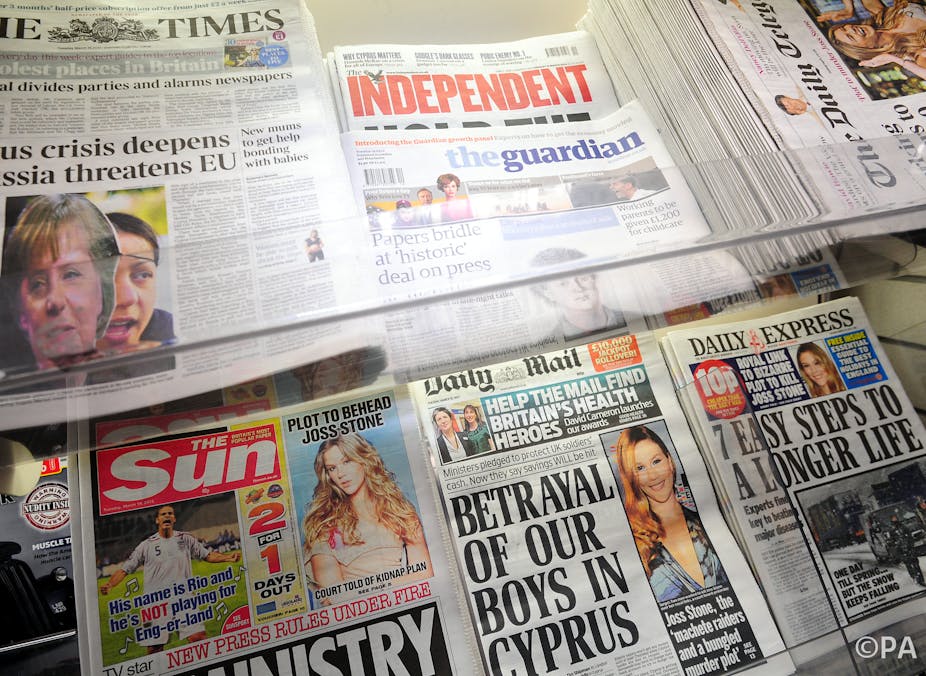One fact that can unite all sides in the post-Leveson press regulation debate is that the world now thinks British journalists are less free – and less likely to be free in the future.
This perception may be caused by false representations of the issues by the UK media, or by simple ignorance of the facts. But there is no doubt that journalists in both “liberal democratic” and more restricted societies all believe that the Brits have sold the pass on press freedom.
How do I know this? They tell me. Lots of them. From lots of very different places.
Just this week, Polis hosted a group of journalists from newsrooms and regulation bodies in countries as diverse as Norway, Uruguay, the USA and Pakistan. UK experts in favour of strict enforcement of the Leveson proposals such as Martin Moore from the Media Standards Trust (and Hacked Off), Steven Barnett, and Natalie Fenton came to brief them alongside critics such as Tim Luckhurst (Kent), George Brock (City University and ex-Times) and me. Regardless of the arguments we have in the UK about this, or perhaps because of them, the delegation seemed confused on the details. Luckily there were lots of experts on hand with lots of facts, albeit with differing interpretations of those facts.
Damage done
What was clear from what the international delegation said was that the damage to Britain’s reputation as a beacon of free expression has already been done. They are convinced that Leveson (along with events such as the government attacks on The Guardian over Edward Snowden) has made the state of British news media a cause for serious concern.
I’ve heard a lot of this from my travels over the past couple of years. Puzzled Americans can’t understand why on earth any journalist would accept any kind of government interference, however indirect and remote. Worried Africans in Uganda and Kenya tell me how their legislators delight in introducing new “regulations” on journalists, citing the “ethical” example of Lord Leveson and Her Majesty’s Government. Even our fellow Europeans in places like Norway say that their MPs are now happily attacking the press with punitive economic measures to keep them in line.
I think this does make a point regarding the debate over the Royal Charter. We should adopt the kind of regulation we want in this country – but however ill-informed, these foreign fears do tell us something. Unless you have a very clear, very simple and very strong defence of press freedom, there is always going to be a potential threat.
I accept that under the Royal Charter proposal the threat of political interference is indirect, minimal and in the future. But that alone is enough to have a potential chilling effect and who knows what the future holds? In that sense, our international colleagues are right, even if they don’t understand all the nuances of the process. If the protection of press freedom has become this ambiguous, then it’s not good enough.
Of course, this process is not nearly done. IPSO is stirring into life and struggling to convince; the Royal Charter still lurks in the background with an election pending. Other policy debates on plurality, ownership and the future of the BBC could have even bigger impacts on UK journalism than press regulation.
The most important audience is the British public, and the priority must be ensuring they get the most free and effective news media possible. But it is also worth listening to the wider world. They are fully aware of the faults of our raucous, over-competitive, partisan press. But they are also scratching their heads wondering why we are throwing out the freedom baby with the ethical bathwater.
This piece originally appeared on LSE blogs.

